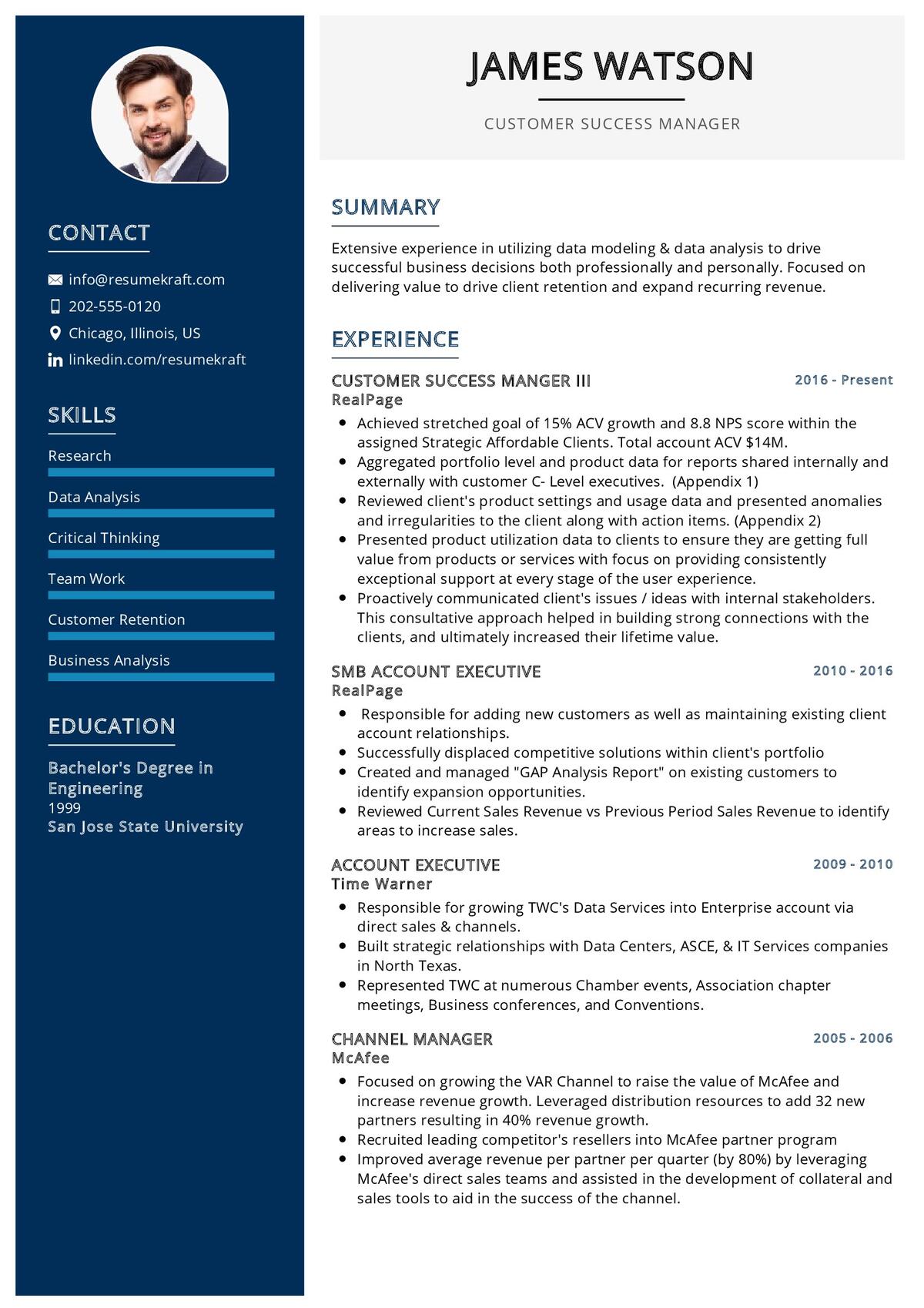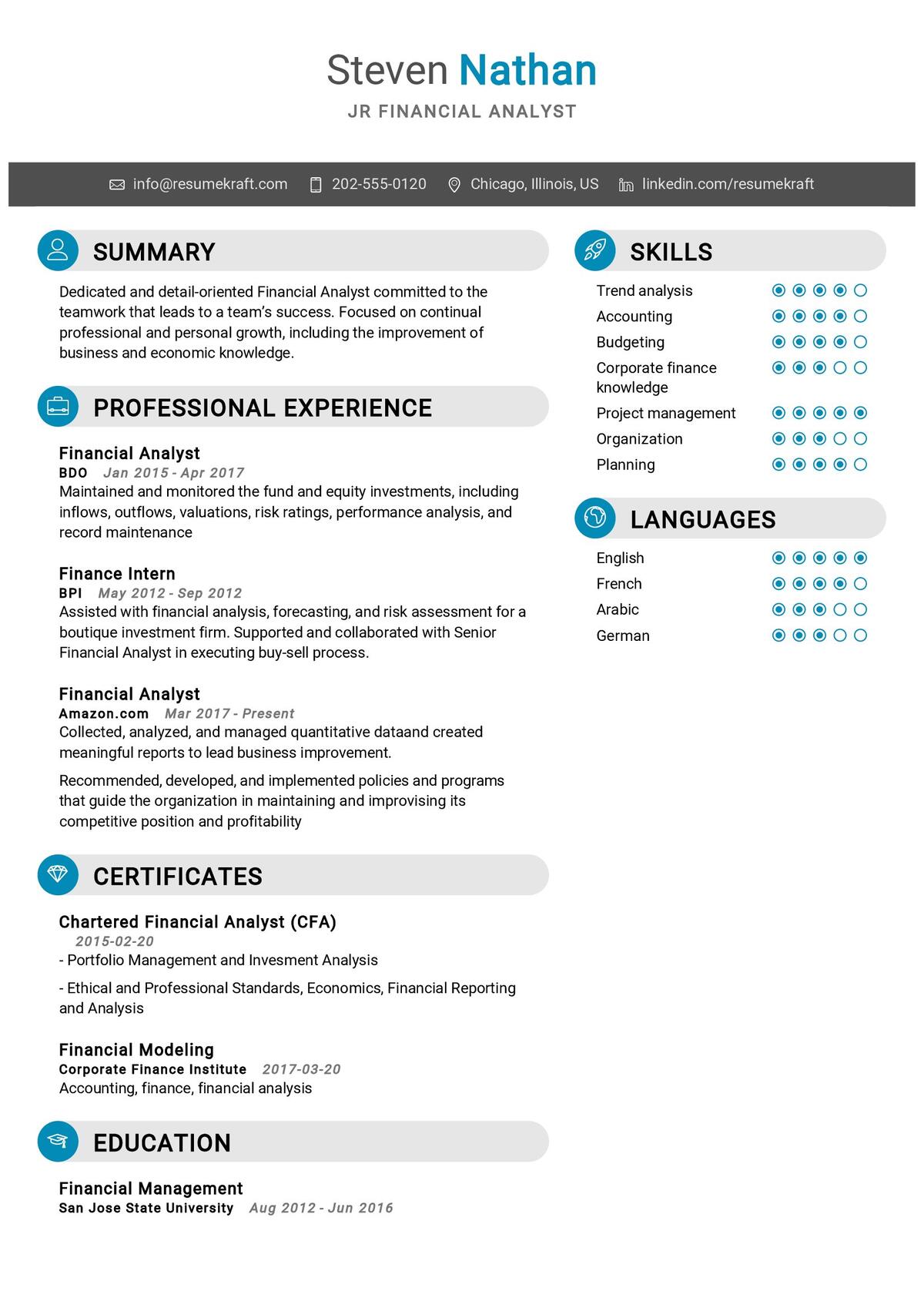
The college recruitment process is a crucial step in landing your first job after graduation. This process often involves a rigorous interview where employers assess not only your academic knowledge but also your soft skills, work ethics, and adaptability to the workplace environment. Being well-prepared for the interview questions in a college recruitment setting can significantly increase your chances of standing out from other candidates.
This guide will walk you through the top 38 interview questions frequently asked in college recruitment interviews, providing detailed answers and clear explanations to help you ace your interview with confidence.
Top 38 Interview Questions for College Recruitment
1. Tell me about yourself.
This is often the first question in any interview. Start with a brief introduction, including your educational background, key skills, and any relevant experience you may have from internships, projects, or extracurricular activities.
Explanation: Interviewers ask this question to ease into the conversation and understand your background in a concise manner. It also helps them assess how well you can communicate your experience and achievements.
2. Why did you choose your major?
When answering, talk about your passion for the subject and how it aligns with your career goals. You can also mention any inspiring professors or courses that influenced your decision.
Explanation: Employers want to see if you are genuinely interested in your field of study or if you chose it due to external factors. Passion and alignment with the job you’re applying for are key indicators of a strong candidate.
3. How do you handle stress or pressure?
Give an example of a time when you successfully managed stress. Explain the situation, the actions you took to overcome it, and the result of your actions.
Explanation: Handling pressure well is an essential skill in any job. Employers want to know if you can stay composed and productive under tight deadlines or challenging situations.
4. What are your strengths?
List two or three key strengths relevant to the job role, and back them up with examples. It’s essential to tie your strengths to the requirements of the position.
Explanation: This question helps interviewers assess how your strengths align with the needs of the role. They also want to see self-awareness in your answer.
5. What are your weaknesses?
Choose a weakness that isn’t critical to the job, and explain how you’re working to improve it. Focus on your self-awareness and growth mindset.
Explanation: Employers appreciate candidates who are honest about their weaknesses but also proactive in addressing them. It shows humility and a willingness to learn.
Build your resume in just 5 minutes with AI.

6. Where do you see yourself in five years?
Discuss your career goals, how the role you’re applying for aligns with them, and your desire for growth and development within the company.
Explanation: Interviewers want to gauge if you are a long-term investment for their company. Having a clear vision of your future shows that you’re serious about your career path.
7. Can you describe a challenging situation you faced and how you overcame it?
Choose an example from your academic or extracurricular experience, explain the challenge, the actions you took, and the positive outcome.
Explanation: This question assesses your problem-solving skills and resilience, both of which are critical in a workplace setting.
8. Why do you want to work for our company?
Research the company before your interview and mention specific aspects that appeal to you, such as their values, culture, or recent projects that align with your interests.
Explanation: Employers want to see that you’ve done your homework and are genuinely interested in the company, not just looking for any job.
9. How do you prioritize tasks?
Provide an example of how you manage your time and prioritize important tasks, especially in a busy schedule. Use tools like to-do lists, calendars, or any other methods you employ.
Explanation: Time management and the ability to prioritize are essential in most work environments. This question helps interviewers understand your organizational skills.
10. Tell me about a time you worked in a team.
Give a specific example of a project where teamwork was essential. Highlight your role in the team, the collaboration efforts, and the success you achieved together.
Explanation: Teamwork is a critical aspect of most jobs. Employers want to know if you can collaborate effectively and contribute positively to team success.
11. What motivates you?
Talk about what drives you to succeed, whether it’s personal achievement, helping others, or making an impact in your chosen field.
Explanation: Understanding what motivates you helps interviewers determine whether you’re the right fit for the company’s culture and long-term goals.
12. How do you handle criticism?
Explain how you view constructive criticism as an opportunity to grow. Provide an example of a time you received feedback and how it helped you improve.
Explanation: Being open to feedback is an essential skill in any professional environment. It shows that you’re willing to learn and adapt.
13. What do you know about our industry?
Research the company’s industry beforehand and mention key trends or challenges it faces. Explain how you see yourself fitting into the industry and contributing to its growth.
Explanation: Employers want to know that you’re informed about the industry and that you have a genuine interest in contributing to it.
14. What is your greatest achievement?
Choose a significant achievement that showcases your skills and dedication. Explain the situation, the actions you took, and the positive outcome.
Explanation: This question allows interviewers to assess your accomplishments and how you might bring similar successes to their organization.
15. How would you describe your leadership style?
Even if you don’t have formal leadership experience, talk about moments when you took initiative or guided a team. Mention key qualities like communication, empathy, and decisiveness.
Explanation: Employers are looking for candidates who show potential for leadership roles in the future, even at an entry level.
16. What do you do in your free time?
Mention hobbies or activities that demonstrate your skills or character. Avoid anything that could be seen as unprofessional or irrelevant.
Explanation: This question helps interviewers get to know you on a more personal level, and it can also reveal skills that may not be on your resume.
17. How do you stay organized?
Explain the tools and methods you use to stay organized, whether it’s a planner, a project management tool, or a specific routine you follow.
Explanation: Being organized is key to managing tasks and responsibilities effectively in any job.
18. What are your salary expectations?
Research typical salary ranges for the position and location. Provide a range based on your research, while remaining open to negotiation.
Explanation: Employers want to see if your expectations align with their budget and if you’ve done your research.
Planning to Write a Resume?
Check our job winning resume samples


19. How do you adapt to change?
Provide an example of a time when you successfully adapted to a new situation or a change in plans. Highlight the skills you used to stay flexible and productive.
Explanation: Adaptability is a crucial skill in today’s fast-paced work environments. Employers want to know you can handle change without losing focus.
20. Can you describe a time you failed?
Be honest about a failure, but focus on the lessons you learned and how you improved as a result. Explain how this experience made you more resilient.
Explanation: Employers appreciate candidates who can acknowledge their failures and show how they’ve grown from those experiences.
21. How do you manage your time?
Describe how you balance multiple tasks and responsibilities, especially when deadlines are tight. Use examples from your academic or extracurricular experience.
Explanation: Time management is an essential skill for success in any professional setting. Employers want to know you can handle a busy workload.
22. What is your approach to problem-solving?
Provide an example of a time when you solved a complex problem. Explain the steps you took to analyze the issue, come up with solutions, and implement the best one.
Explanation: Employers want to see that you can think critically and approach problems in a logical, systematic way.
23. Why should we hire you?
Highlight your unique skills, experiences, and qualities that make you the best fit for the role. Be confident but not arrogant in your response.
Explanation: This is your opportunity to sell yourself and stand out from other candidates. Make sure your answer aligns with the job requirements.
24. How do you handle conflict in a team?
Discuss a situation where you helped resolve a conflict within a team. Focus on how you communicated effectively and found a solution that worked for everyone.
Explanation: Conflict resolution is a valuable skill in the workplace, and employers want to know you can handle difficult situations professionally.
25. What would your professors say about you?
Reflect on feedback you’ve received from professors, especially in areas related to the job. Mention specific qualities like dedication, curiosity, or teamwork.
Explanation: Employers ask this question to understand how others perceive you, especially those who have seen you grow academically.
26. What are your career goals?
Discuss both short-term and long-term career goals, making sure they align with the role you’re applying for. Mention any skills you’d like to develop along the way.
Explanation: This question helps interviewers assess whether your goals align with the opportunities the company can offer.
27. How do you stay motivated during challenging times?
Provide an example of a time when you faced a tough situation and how you stayed motivated. Focus on your problem-solving mindset and determination.
Explanation: Employers want to see that you’re able to stay focused and productive, even in challenging situations.
28. What is your ideal work environment?
Describe the type of work environment where you thrive, whether it’s collaborative, fast-paced, or structured. Align your answer with the company’s culture if possible.
Explanation: This helps employers understand if you’re a cultural fit for their organization and if you’ll be happy working there.
29. How do you approach learning new skills?
Explain your process for learning new skills, whether through formal education, online courses, or hands-on experience. Provide an example if possible.
Explanation: Employers are looking for candidates who are open to continuous learning and development.
30. What are your greatest strengths?
Highlight strengths that are most relevant to the job, such as communication, technical skills, or problem-solving abilities. Use examples to back up your claims.
Explanation: Employers want to see how your strengths can benefit the team and the company as a whole.
31. How do you manage deadlines?
Describe how you stay on top of deadlines, using time management tools or methods. Give an example from your academic or work experience.
Explanation: Managing deadlines is crucial in most professional roles, and this question helps interviewers assess your organizational skills.

Build your resume in 5 minutes
Our resume builder is easy to use and will help you create a resume that is ATS-friendly and will stand out from the crowd.
32. How do you handle multiple projects simultaneously?
Discuss how you prioritize tasks, delegate when necessary, and maintain focus on multiple projects. Provide a real-life example if possible.
Explanation: Multitasking is a valuable skill, especially in fast-paced work environments. Employers want to know you can handle multiple responsibilities without losing quality.
33. How would your classmates describe you?
Think about how your peers perceive you in group settings. Highlight qualities like teamwork, leadership, or dependability.
Explanation: This question provides insight into your interpersonal skills and how you contribute to group dynamics.
34. What do you do to stay up-to-date with industry trends?
Mention specific sources you use to stay informed, such as industry blogs, podcasts, or professional networks. Explain how you apply this knowledge in your work or studies.
Explanation: Employers want to see that you’re proactive in staying current with industry changes, which can add value to their organization.
35. How do you approach teamwork?
Discuss how you contribute to a team, whether through leadership, collaboration, or supporting others. Provide examples of successful team projects you’ve been part of.
Explanation: Teamwork is a key element in most jobs, and employers want to know that you can work effectively with others.
36. How do you handle unexpected challenges?
Provide an example of a time when you faced an unexpected challenge and how you navigated it. Focus on your problem-solving and adaptability.
Explanation: Employers are looking for candidates who can think on their feet and stay calm under pressure.
37. What are you most proud of?
Choose an achievement that reflects your values and showcases your dedication, whether it’s academic, personal, or extracurricular.
Explanation: This question allows you to highlight a meaningful accomplishment and show the interviewer what drives you.
38. How do you stay organized during hectic times?
Explain the tools and strategies you use to stay organized, especially when balancing multiple tasks or deadlines. Provide an example from your experience.
Explanation: Organizational skills are critical for managing workloads in professional settings. Employers want to know that you can stay efficient even when things get busy.
Conclusion
College recruitment interviews are your first step toward building a successful career. With these top 38 interview questions and expert answers, you’ll be well-equipped to tackle any interview with confidence. Remember to prepare thoroughly, practice your responses, and highlight your strengths while being honest about areas for growth. Best of luck as you move forward in your career journey!
Recommended Reading:

